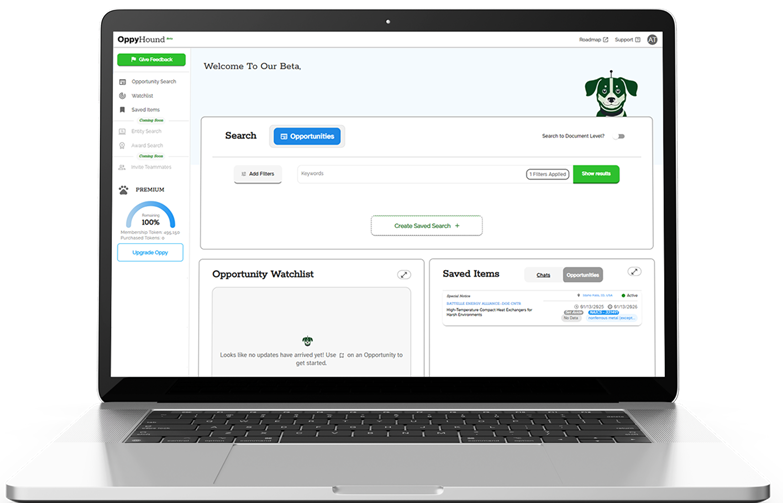Build your federal contracting vocabulary with the most important terms every government contractor needs to know.
Success in government contracting requires fluency in specialized terminology. This comprehensive A-Z guide defines 100 essential government contracting terms and acronyms that you encounter throughout the federal procurement process. Master these definitions to communicate effectively and compete successfully for government contracts.
A | B | C | D | E | F | G | H | I | J | K | L | M | N | O | P | Q
A | B | C | D | E | F | G | H | I | J | L | M | N | O | P | Q | R | S | T
Ready to put your government contracting knowledge into action? OpportunityHound connects small businesses with federal contracting opportunities. Sign up today to find the relevant opportunities to bid on.
